Looking to improve your sleep, relationships and mental and physical health? You’re in luck: thanks to a booming self-help industry, there are tens of thousands of books that claim they can transform your life in less than 500 pages.
But here’s the thing: so many self-help books simply aren’t worth your time. While some merely repeat the ideas of others, many contain claims that are at best questionable – and at worst downright pseudoscience that can actively harm you.
That’s why we’ve put together a list of the best, science-based self-help books that can help improve your life.
Best self-help books to read in 2024
Why Has Nobody Told Me This Before?
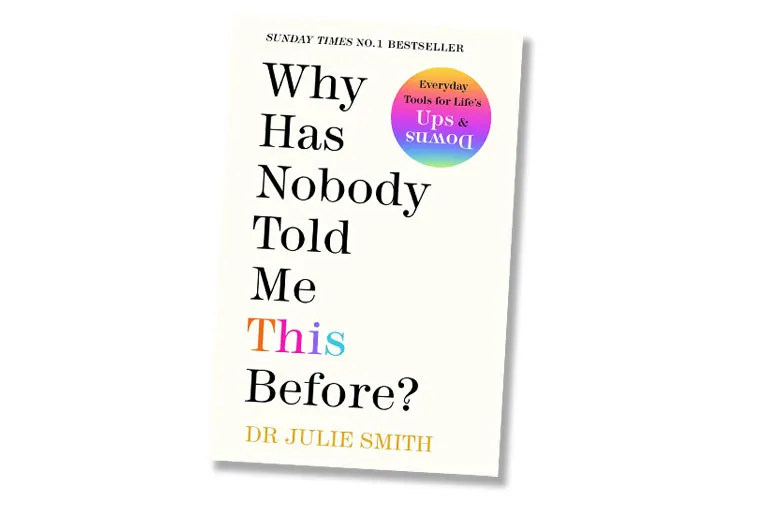
Dr Julie Smith
While best known for her sub-minute TikToks, Dr Julie Smith has dedicated decades to the study of psychology, running a clinical practice as a member of the British Association for Behavioural and Cognitive Psychotherapy. And she's drawn from this experience to deliver Why Has Nobody Told Me This Before?, an easy-to-understand therapy toolkit designed to help readers traverse an assortment of mental health challenges, from anxiety, depression and low mood and motivation.
The book’s greatest strength: it's brilliantly practical. While other mental health guides can get bogged down in lengthy anecdotes, Smith’s handbook offers short chapters filled with clear, actionable and achievable advice anyone can use.
Deep Work: Rules for Focused Success in a Distracted World
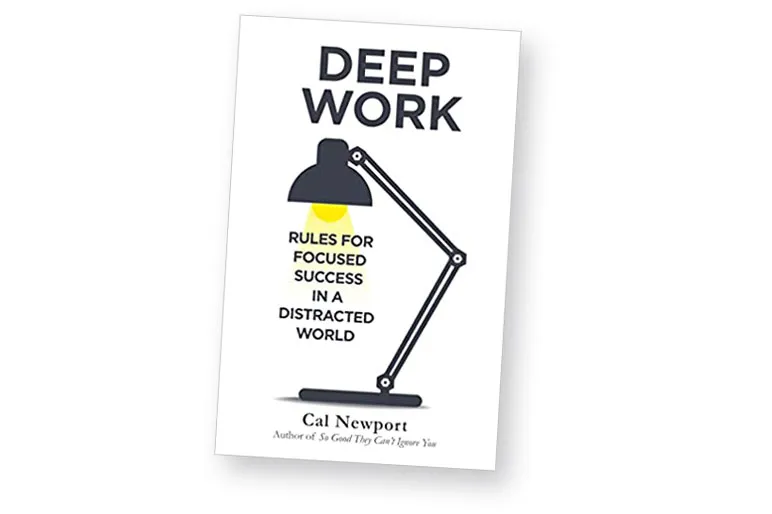
Prof Cal Newport
How do you organise your day? Do you attempt to tick off a comprehensive and ambitious to-do list, only to waste your hours in a frantic blur of e-mail and social media? As Georgetown University’s Prof Cal Newport explains, the to-do list is bound to lead to such frustration – but there is a much better way to organise your time.
In this book of practical advice, he outlines his time-blocking management system that carefully considers both how long each task takes and how much time you have available. Then comes the important bit. Newport outlines how readers should and can dedicate more time to deep work – that’s work without distraction on a cognitively demanding task. With the help of compelling scientific studies, Newport argues why organising your day around chunks of deep work will improve your focus, productivity and creativity.
Importantly, Deep Work is not a manifesto for working harder and longer. It’s the opposite. Yes, Newport’s time management advice is geared towards greater productivity, but also a better work-life balance free from crippling time famine.
A Path through the Jungle: Psychological Health and Wellbeing Programme to Develop Robustness and Resilience
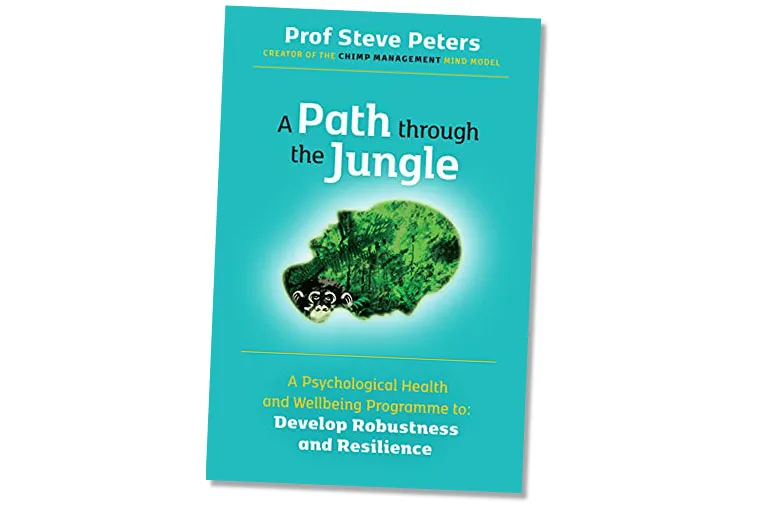
Prof Steve Peters
When it was first released, Prof Steve Peters’s The Chimp Paradox was applauded for its straightforward explanation of how the human brain processes emotion, and how to better manage those emotions. It became a best-seller and was praised by the likes of former footballer Steven Gerrard and Olympic champion Victoria Pendleton.
However, the book had a problem. For some, The Chimp Paradox was too simplistic, with much of the neuroscience underpinning the book’s mind management programme left unexplained. A Path Through the Jungle is the remedy to this. While the language is still simple, Peters gives a fuller picture of the complex neural networks behind your emotions and stress responses. And it’s from this deeper explanation of the brain’s systems, the reader can better learn to manage their inner emotion machine (what Peters calls ‘The Chimp’).
An extremely comprehensive guide to improving your mental health in a plethora of areas.
Breath: The New Science of a Lost Art
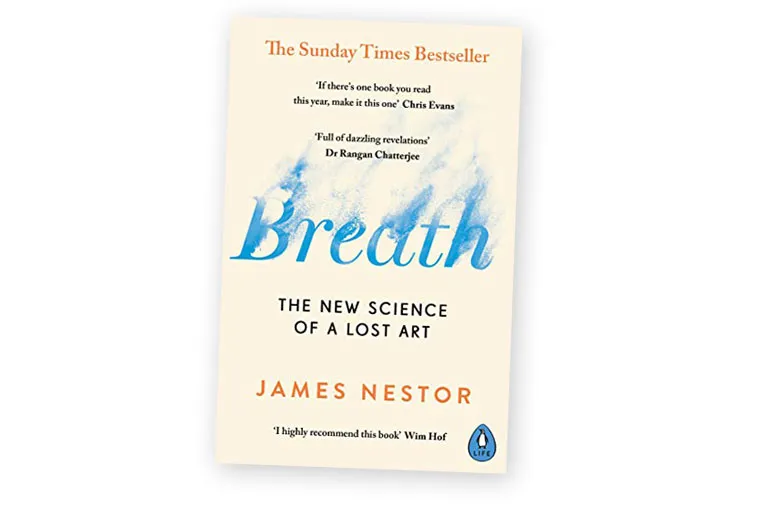
James Nestor
Ever feel like the whole self-improvement game is just learning you have a list of never-ending insufficiencies? If so, you may meet this claim from journalist James Nestor with some resistance: you’re breathing wrong. Specifically, you’re probably breathing through your mouth a lot of the time.
Why does that matter? Well, as Nestor’s engaging, surprising and thorough book explains, it could have major implications for your health. With the help of leading researchers – and an impressively large reference section – Breath unpacks how simply breathing better can radically transform our physical and mental health.
The Sleep Fix: Practical, Proven, and Surprising Solutions for Insomnia, Snoring, Shift Work, and More
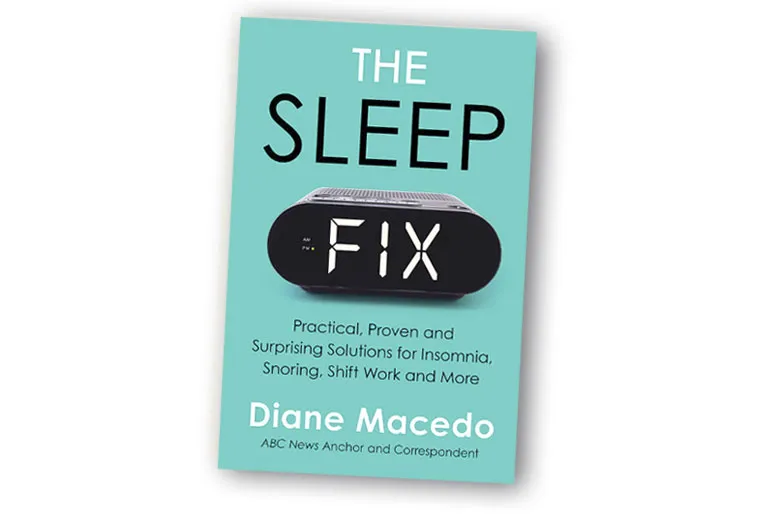
Diane Macedo
Many of the best sleep books, such as Matthew Walker’s Why We Sleep?, have highlighted the importance of getting enough slumber. But when it comes to practical advice, much in these guides isn't compatible with everyday life. For instance, it's common sleep advice to wake up and fall asleep at the same time every day. But what about shift workers?
That’s where The Sleep Fix comes in. Penned by US news anchor Diane Macedo, this book contains realistic and flexible sleep remedies, using advice from the world’s leading sleep experts. Drawing from scientific literature and her own experience as an overnight worker, Macedo explains in simple terms how to overcome snoring, insomnia, shift work, sleep apnea, anxiety, restless sleep syndrome and much much more.
Packed with unexpected but worthwhile advice, this book is worthwhile for those who feel they’ve tried everything else.
Four Thousand Weeks
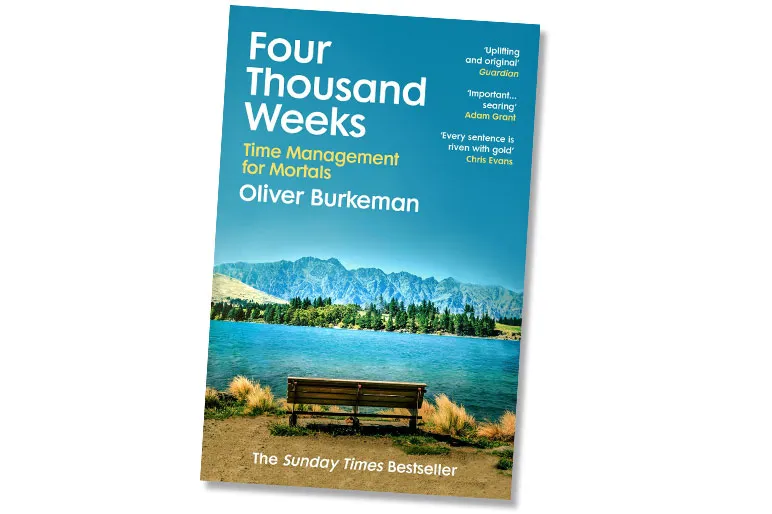
Oliver Burkeman
How long is the average human life? The answer, as you may guess from this book title, is a mere 4000 weeks. It may seem like a worryingly small number, but as journalist and productivity geek Oliver Burkeman points out, accepting our ridiculously short time on Earth could be the key to living a more fulfilled life.
Drawing from scientists and history’s great philosophers, Burkeman makes the case that our obsession with overfilling inboxes, ceaselessly growing to-do lists and never-ending searches for self-improvement will never truly leave us satisfied. Our limitations, he argues, are better embraced than denied.
Overall, this is a part self-help, part anti-self-help book, that seeks to realign your relationship with time – and work out how to best spend your 4,000 weeks.
Read More: